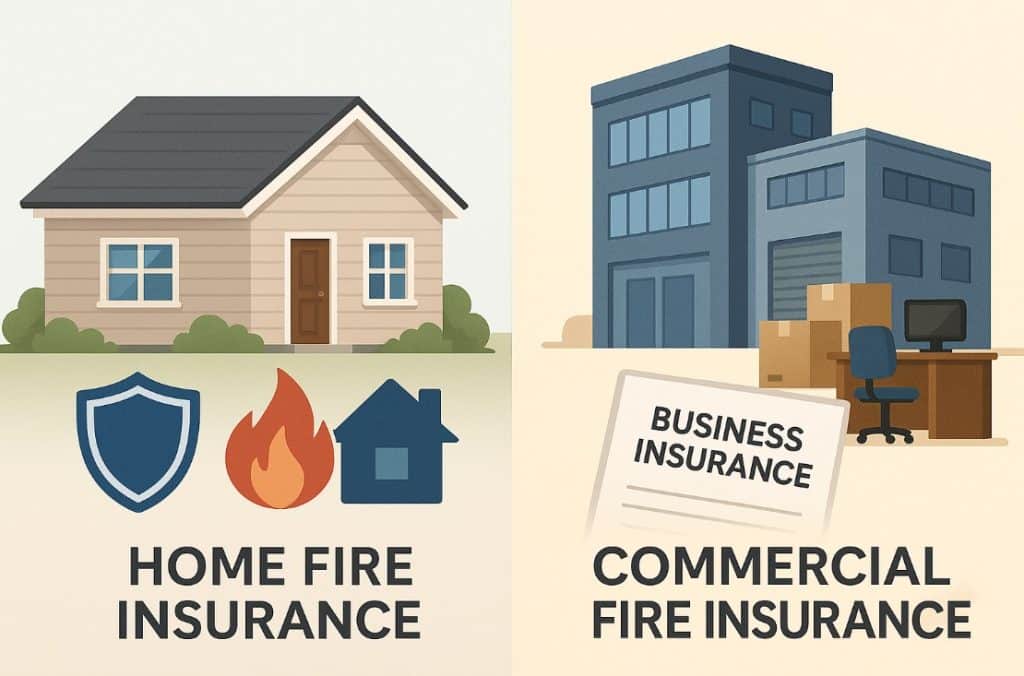
KH Chew is the Founder and Risk Advisor of Minaris, with over 30 years of experience in the insurance industry. He holds a Diploma in Insurance from the Malaysian Insurance Institute (MII), which laid the foundation for his in-depth expertise in property, financial lines, and other general insurance products. He is widely recognized for developing tailored insurance schemes for professionals and businesses across Malaysia. KH is also a passionate advocate for risk management and regularly advises clients and trade associations on comprehensive coverage strategies.

